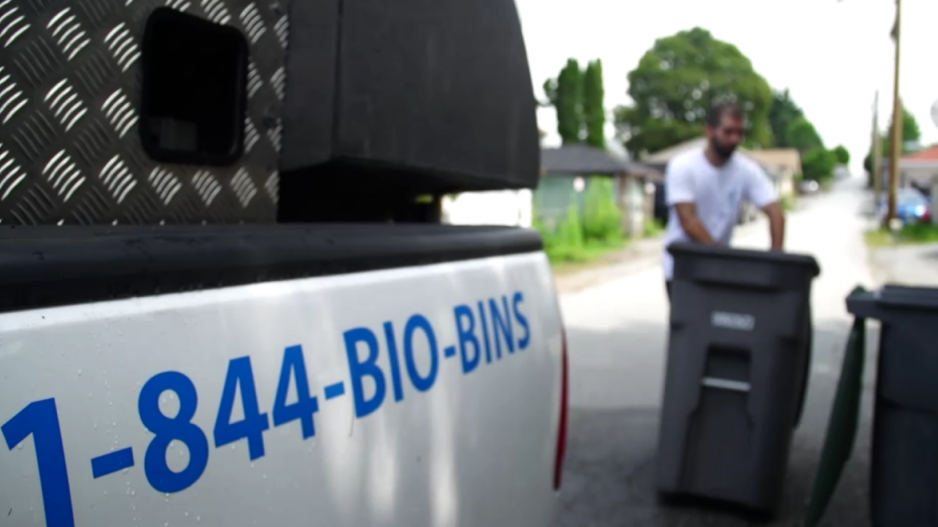Combing through the piles of applications to the Coast Capital Savings Innovation Hub (iHUb), James Tansey is always mindful of early stage ventures that have showed previous signs of success.
It’s not that startups necessarily rise and fall based on whether entrepreneurs have a good business idea, according to the executive director of the Sauder School of Business Centre for Social Innovation and Impact Investing (S3I) at the University of B.C.
“It’s that the team just doesn’t hang together,” Tansey said.
“They fall apart because of personal disagreements or because they can’t manage the first year.”
Tansey, whose S3I runs iHub, is in the midst of easing in five new cohorts accepted into the accelerator program focused on social enterprises — those business ventures that have a specific social or environmental hook built into them.
But even though iHub is focused on organizations involved in social and environmental goals, it’s not accepting traditional charities or grant-based organizations.
Instead, Tansey said all the cohorts must have an underlying business model that would allow them to be self-financing.
“Because we’re not focused on the pure startup phase, we’re looking for ventures that have maybe as much as two year’s track record,” Tansey said.
The 2015 cohorts include Arbutus Medical, Wize Monkey, Brands for the Heart, Time Auction and BioClens Environmental.
Businesses accepted into the accelerator receive free space, mentorship from industry experts and support when it comes to finding funding.
BioClens founders Andrew Pavlik and Dave Abercrombie began working side-by-side in 2013 when they started a company that hauled organic waste. Its business model changed when the entrepreneurs realized one of the company’s side services — bin cleaning — had a better shot of being successful. Those services are in even higher demand as the company partners up with large waste haulers in the wake of the food scraps ban that went into effect at Metro Vancouver landfills at the start of the year.
Pavlik said he and Abercrombie were driven to create a company focused on water conservation.
BioClens is developing ways to collect rainwater at its facilities to wash bins. The water used for cleaning is then recaptured on site to use for the next job.
“The way we use water as a corporation is really important,” Pavlik said.
“How we take a brand and be more than just a bin-cleaning company and really highlight some of the environmental capabilities in this service (is important).”
Abercrombie said BioClens has benefitted greatly from the mentorship offered at iHub, even for the short time it’s been in the program.
“We’re really fortunate, extremely fortunate to be a part of it. Would we be successfully without it? Absolutely,” Abercrombie said.
“Are we going to be more successful, faster, with them? For sure, without a doubt.”




